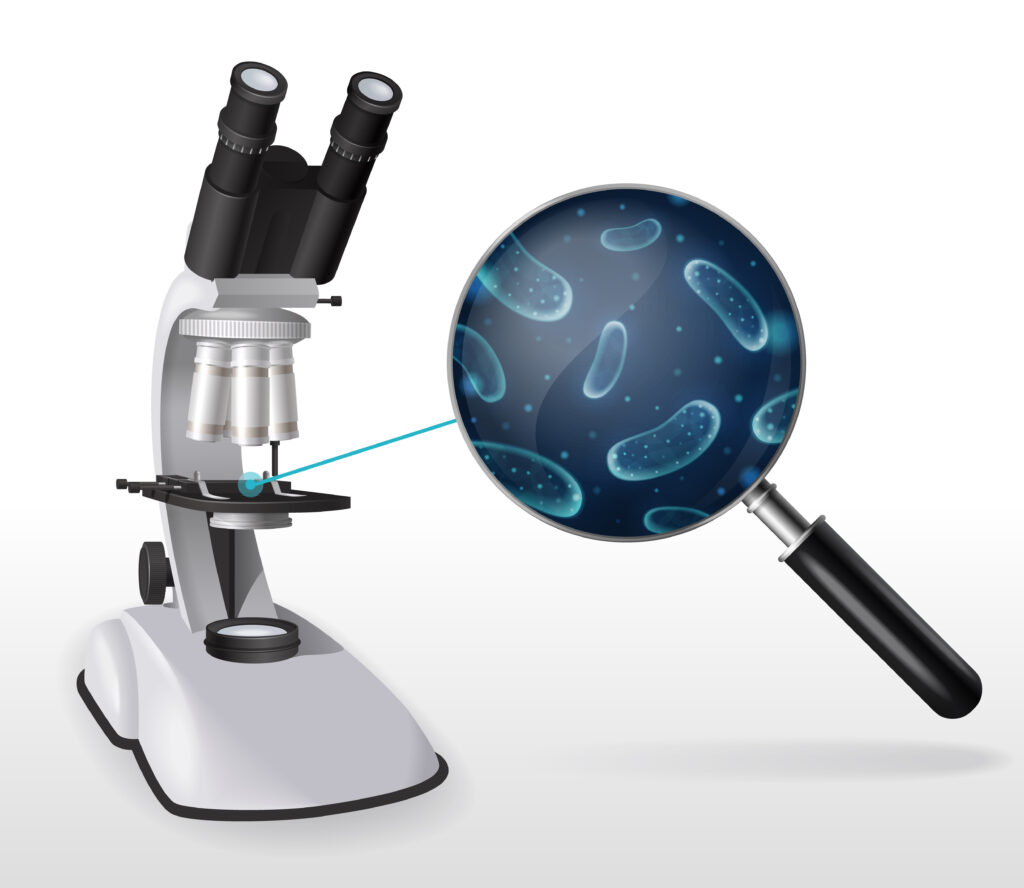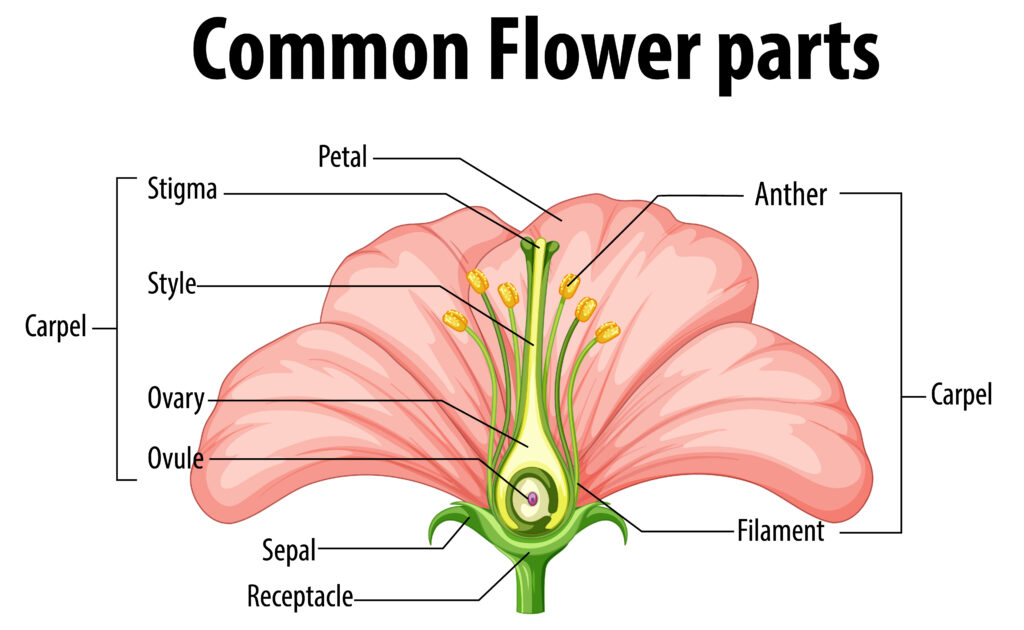The Fundamental Unit of Life
Discover the fascinating world of plant cells through interactive microscopy. Learn about cell structures, their functions, and how they work together to form the basic unit of life.
Help & Instructions
▼- Microscope View: Use the magnification slider to observe plant cell structures
- Cell Parts Explorer: Click on different cell organelles to learn about their functions
- Identify Structures: Test your knowledge by identifying cell components
- Use the stain button to enhance visibility of specific structures
- Identify the main structures of a plant cell
- Understand the functions of different organelles
- Compare plant cells with animal cells
- Learn about cell division and growth
Microscope: Plant Cell Observation
Observe the detailed structure of a plant cell under different magnifications.
Cell Parts Explorer
Learn about the functions of different plant cell organelles and structures.
Plant cells are eukaryotic cells that differ from animal cells in several key ways. They have a rigid cell wall, large central vacuole, and chloroplasts for photosynthesis. These specialized structures allow plants to produce their own food, maintain structure, and store nutrients.
The Biology of Plant Cells
Plant cells contain specialized organelles with specific functions:
- Cell Wall: Provides structural support and protection
- Cell Membrane: Controls what enters and leaves the cell
- Nucleus: Contains genetic material and controls cell activities
- Chloroplasts: Site of photosynthesis, containing chlorophyll
- Vacuole: Stores water, nutrients, and waste products
- Mitochondria: Powerhouse of the cell, produces energy
- Endoplasmic Reticulum: Transportation system within the cell
- Golgi Apparatus: Processes and packages cellular products
Plant cells have several structures not found in animal cells:
- Cell Wall: Made of cellulose, provides rigid structure
- Chloroplasts: Enable photosynthesis to produce food
- Large Central Vacuole: Maintains turgor pressure and stores compounds
- Plasmodesmata: Channels that connect adjacent plant cells
Plant cells perform essential life processes:
- Photosynthesis: Conversion of light energy to chemical energy
- Cellular Respiration: Breakdown of nutrients to release energy
- Protein Synthesis: Production of proteins from DNA instructions
- Cell Division: Process of growth and reproduction



